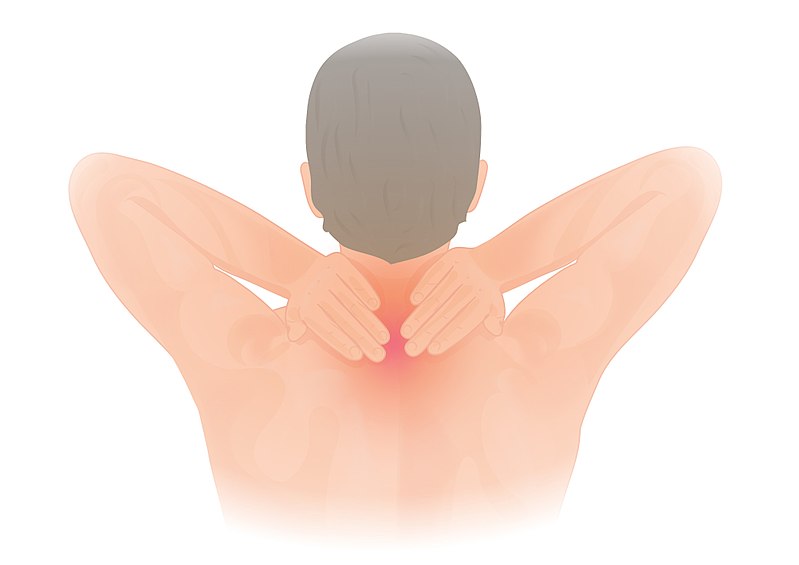Continuing his popular medical column, Medical Matters, Dr Ciarán Roarty of Scally McDaid Medical Practice discusses the common problem of a twisted neck or Acute Torticollis.
Also known as a wry neck or a ‘crick in the neck’ this is a painful condition of the neck which often happens quite suddenly. The muscles of one side of the neck become stiff and painful and very often it develops overnight.
You may find it difficult to straighten your neck because of pain on one side. Sometimes the pain may spread to the back of your head or shoulder and it may actually be sorer with just gentle pressure. In fact, sometimes this may even cause the muscles to spasm.
Are tests required?
Thankfully tests are usually not required. The sudden onset of symptoms – often overnight – is usually sufficient to make the diagnosis along with an examination by your doctor. The examination will rule out rarer causes of torticollis and x-rays are not usually required.
We do not fully understand what causes acute torticollis and very often it occurs in young people with no previous problems with their neck, and no previous injury.
It is thought to be due to a sprain in the muscles or ligaments of the neck caused by sleeping without adequate support for your neck or simply sitting slouched over a computer screen. Other possible causes included carrying unequal heavy loads or sleeping in a draught.
Are there other causes of torticollis?
Spasmodic torticollis is a condition where uncontrolled abnormal movements develop in the muscles of the neck leading to unusual movements of the head and neck.
Thankfully this is quite uncommon. Other rarer causes include infections of the throat causing swellings of your lymph glands and inflammation of the underlying tissues leading to muscle spasms. Any problems with the bones of your neck can also cause torticollis. Some medicines have torticollis as one of their side effects
How do we treat Acute Torticollis?
We try to reduce the pain and aim to lessen neck stiffness. Gentle exercises (once you are able) are advised to help keep the neck moving as normal as possible, along with pain relief medicines such as paracetamol and anti-inflammatory medication.
Sometimes your doctor may prescribe stronger painkillers and some people find heat on the neck also helps.
Prevention is aimed at the possible causes, so your doctor will advise being careful with your posture at a computer.
Try to ensure you are not slouched but are sitting upright. Yoga or Pilates may help and a good supportive pillow should ensure your neck has adequate support at night.
Does it take long to get better?
Thankfully most cases improve over a day or two, but pain and stiffness can last for up to a week. Once you have had it, most people do not get it again.
The above information is intended as advice only and should you have any concerns please contact your own Doctor.
Dr Ciarán Roarty MB, BCh BAO MICGP DRCOG Grad. Cert. Obst. Ultrasound is a full-time GP at Scally McDaid Medical Practice, Scally Place, Letterkenny, Tel 0749164111
Featured image via https://www.injurymap.com/free-human-anatomy-illustrations
Tags:







